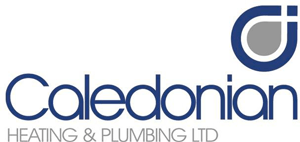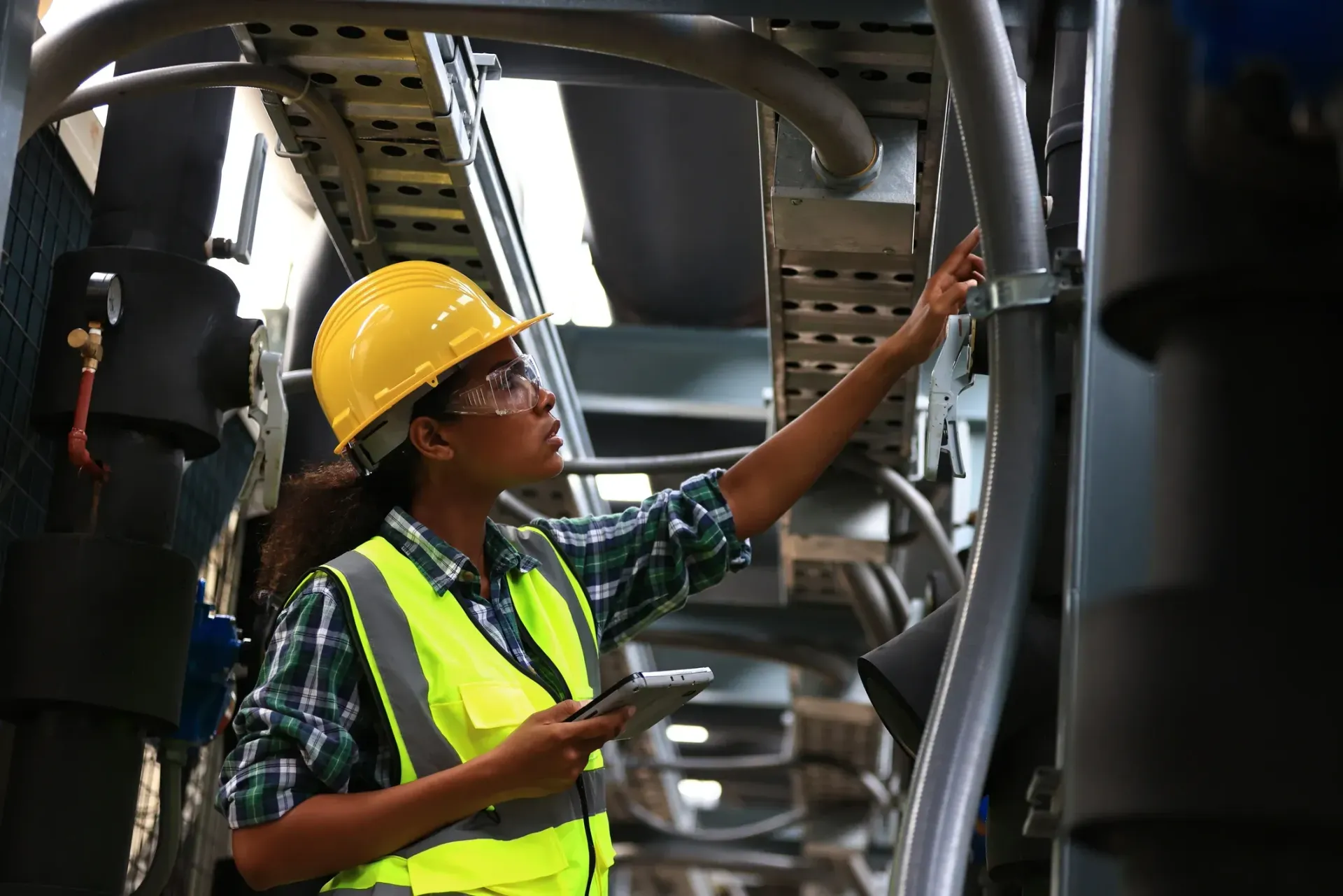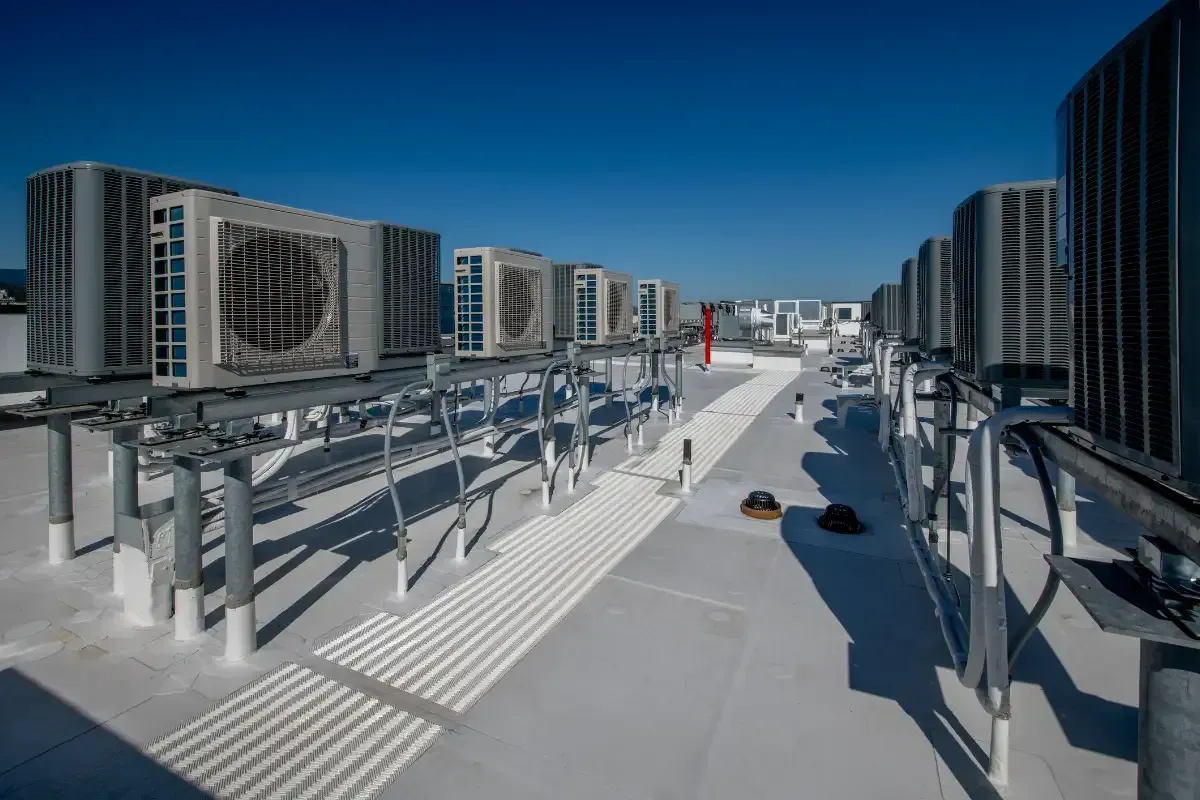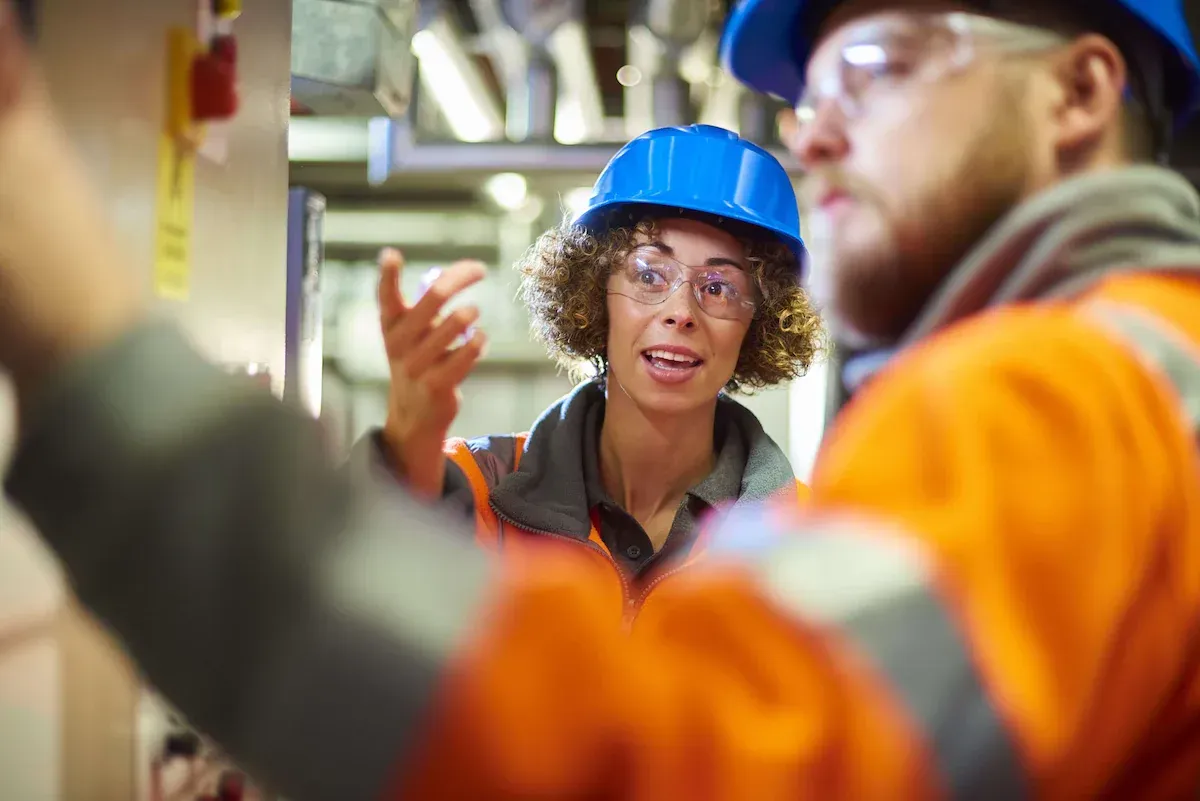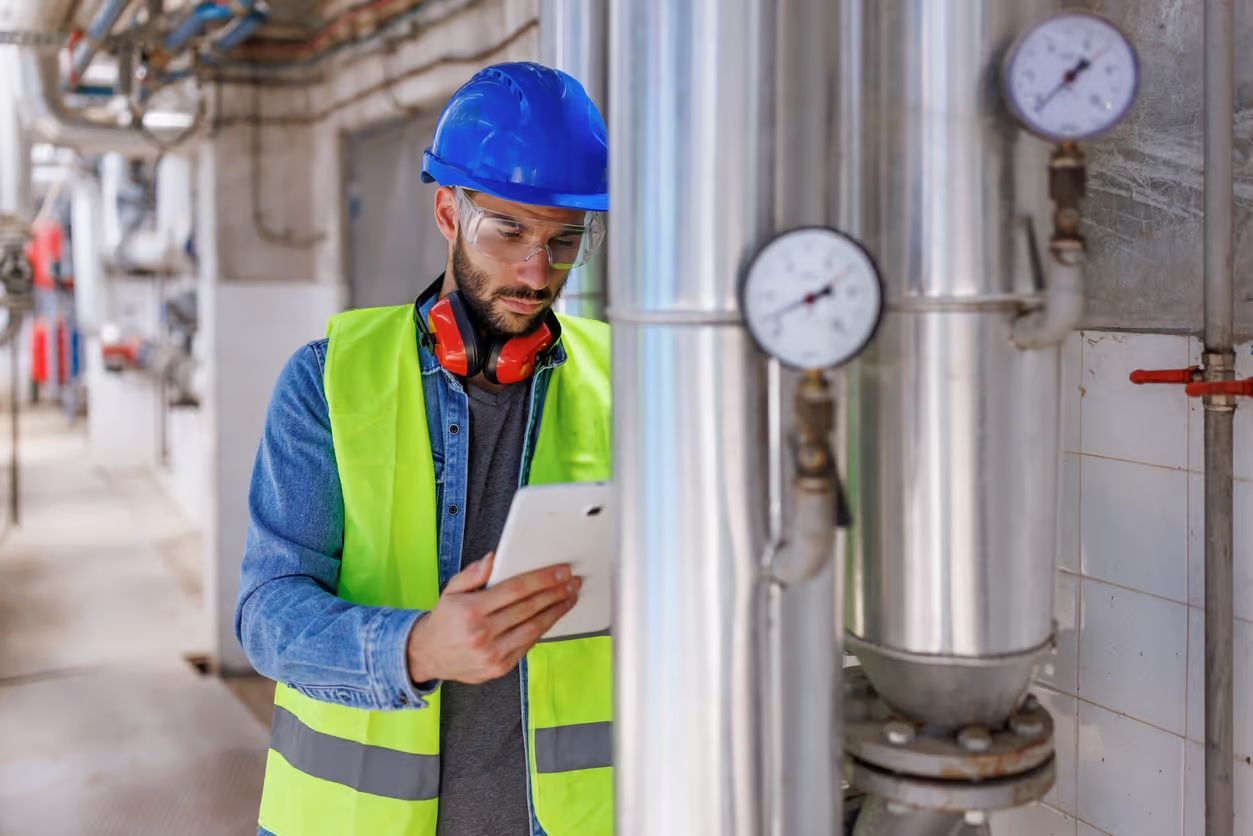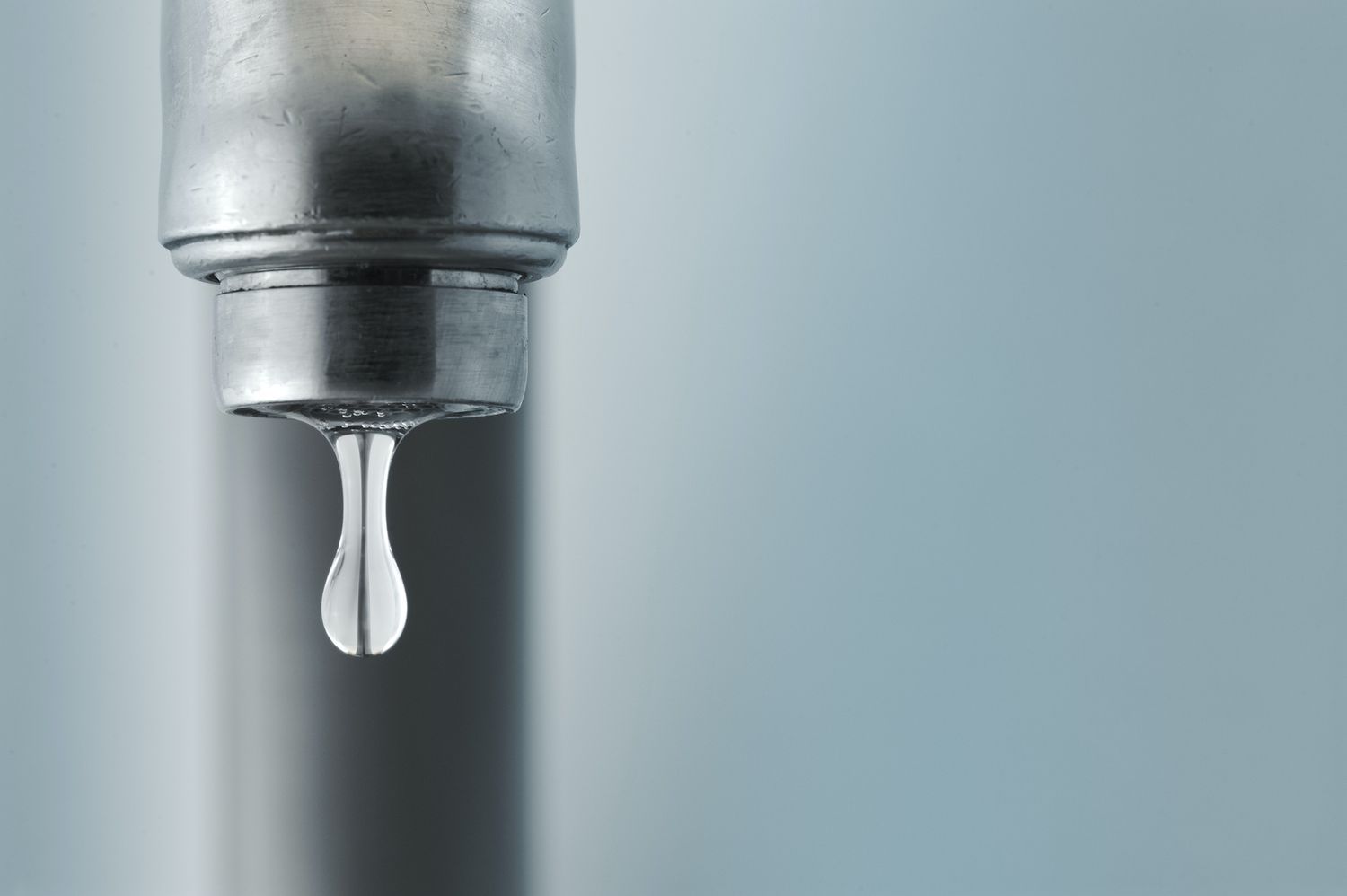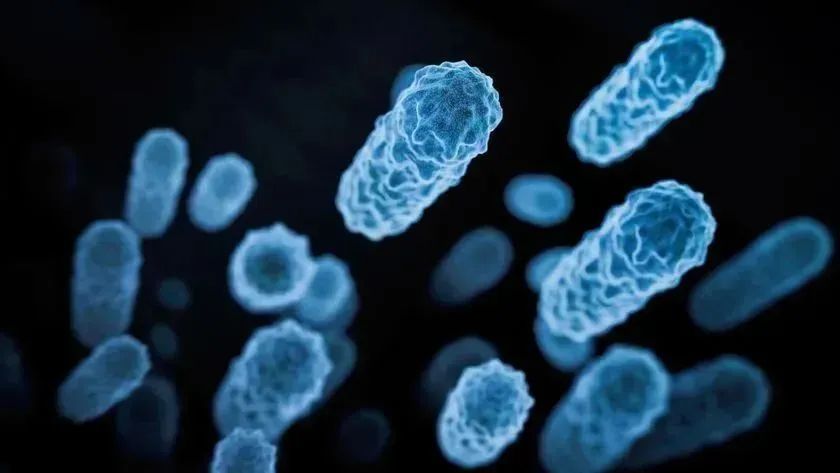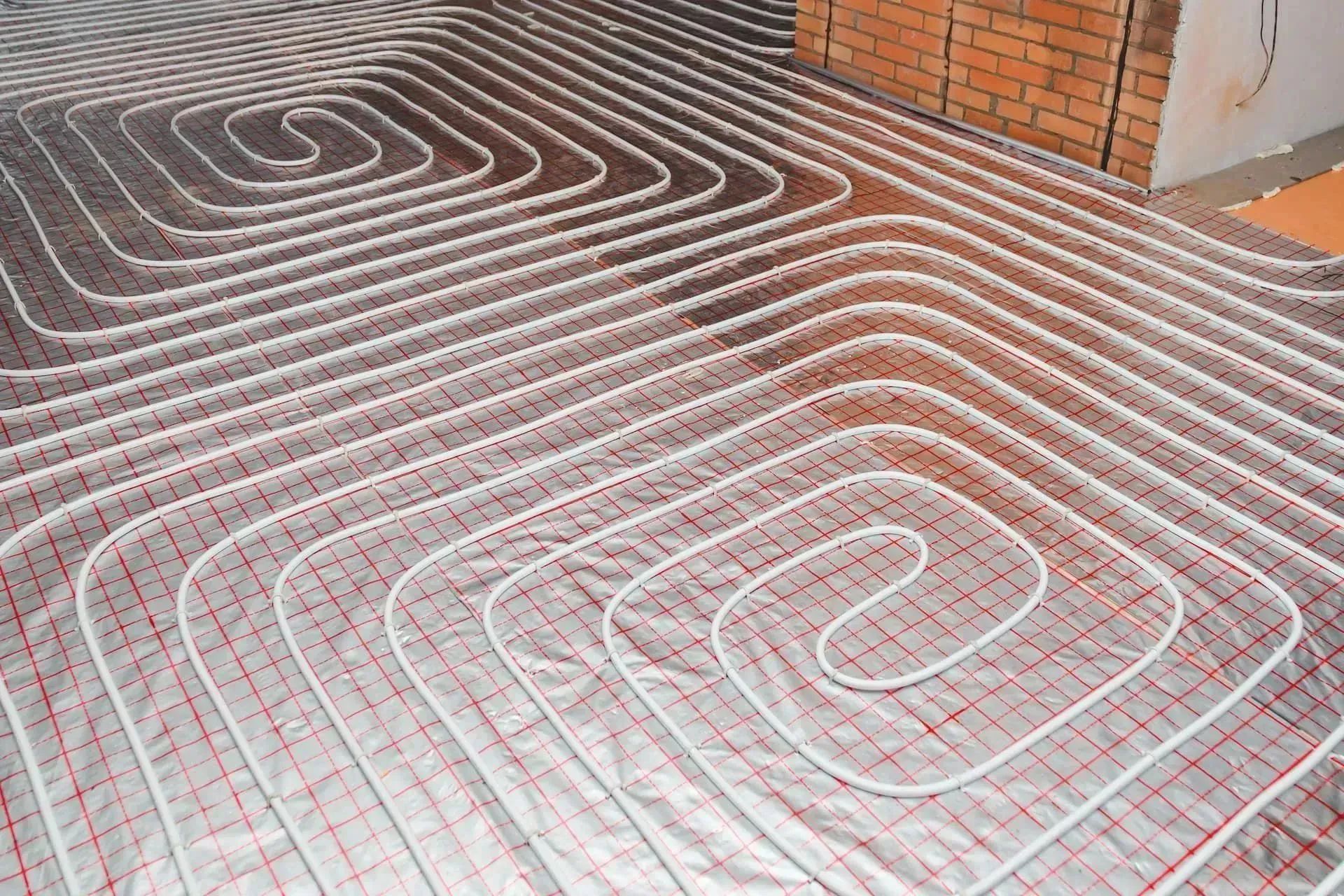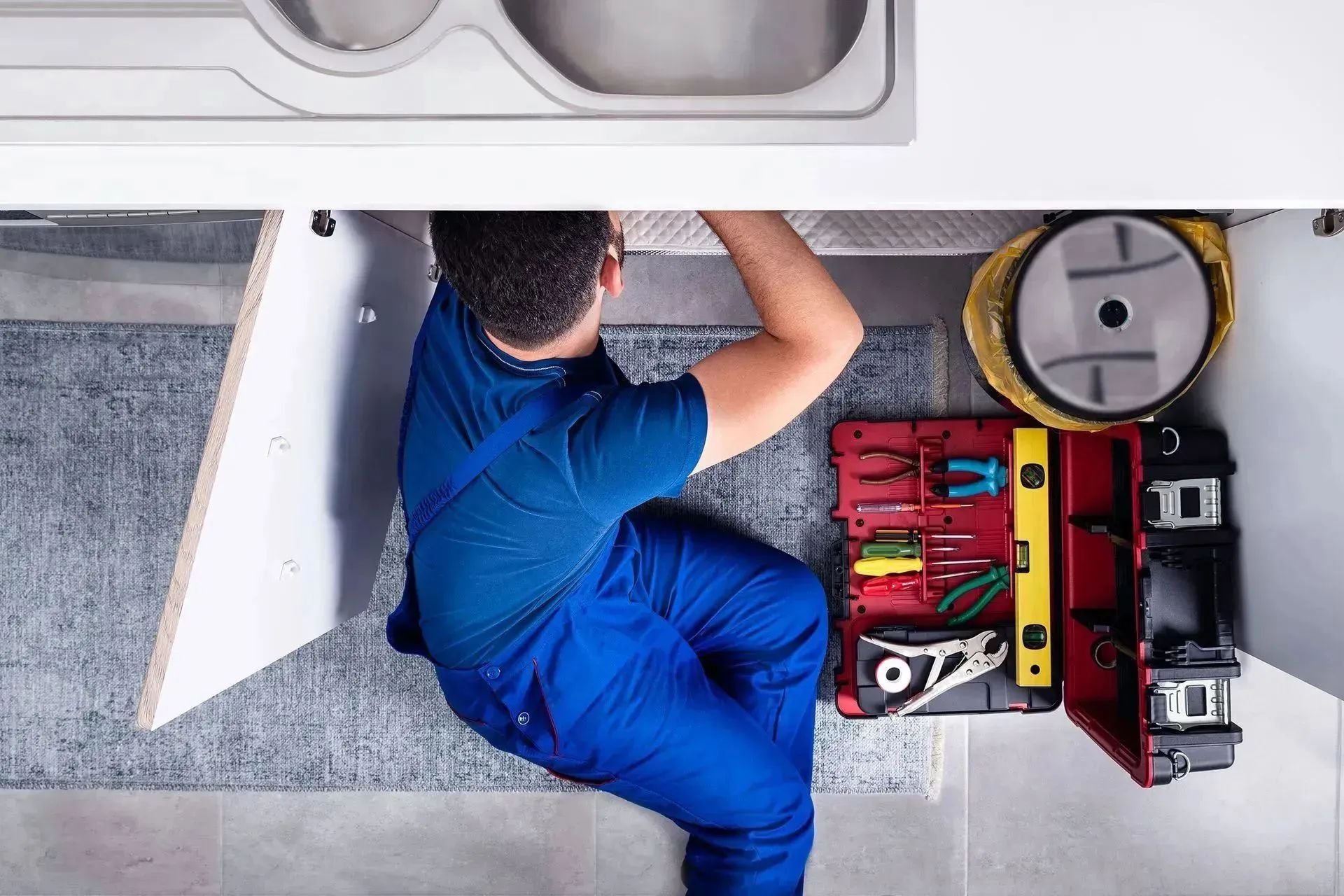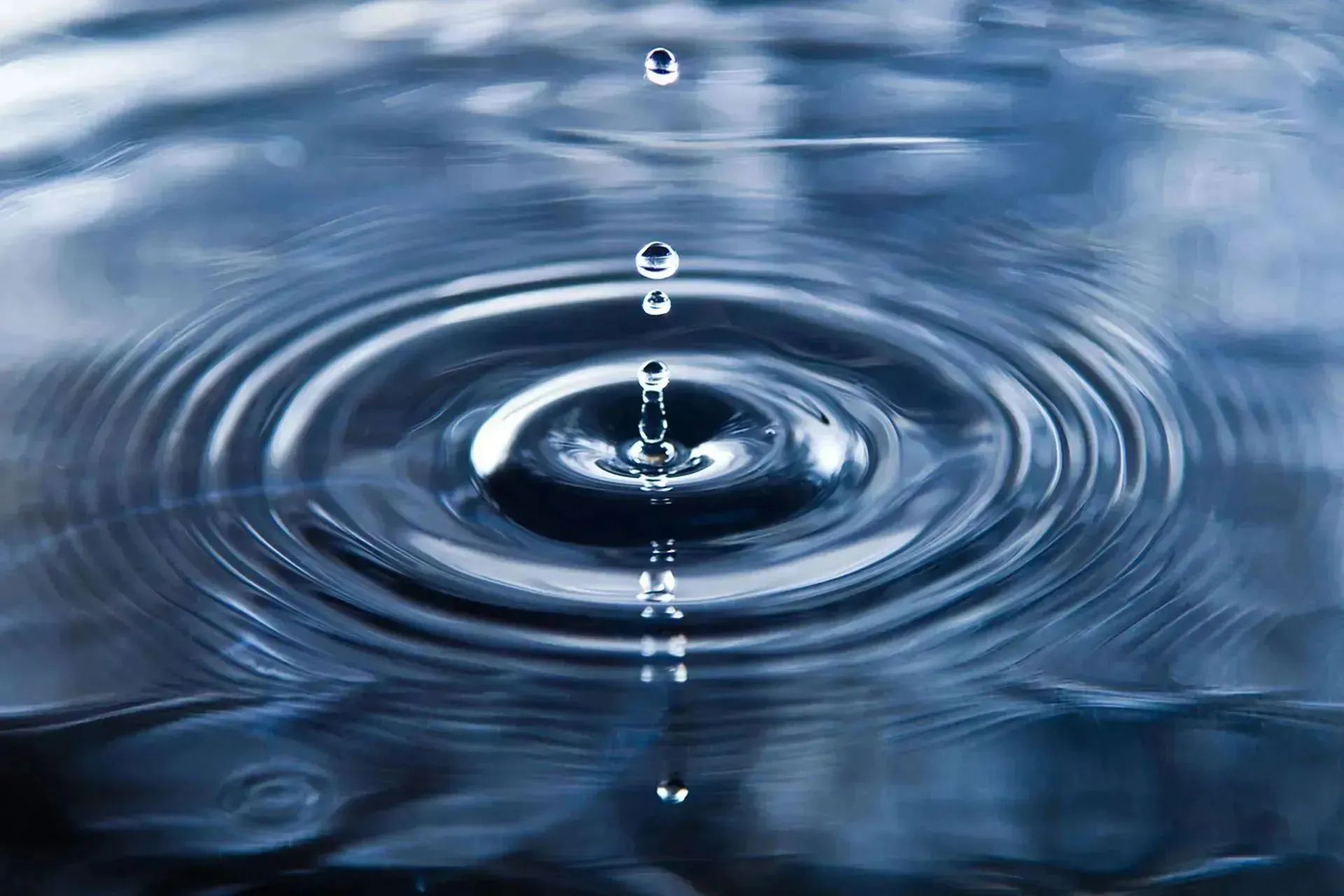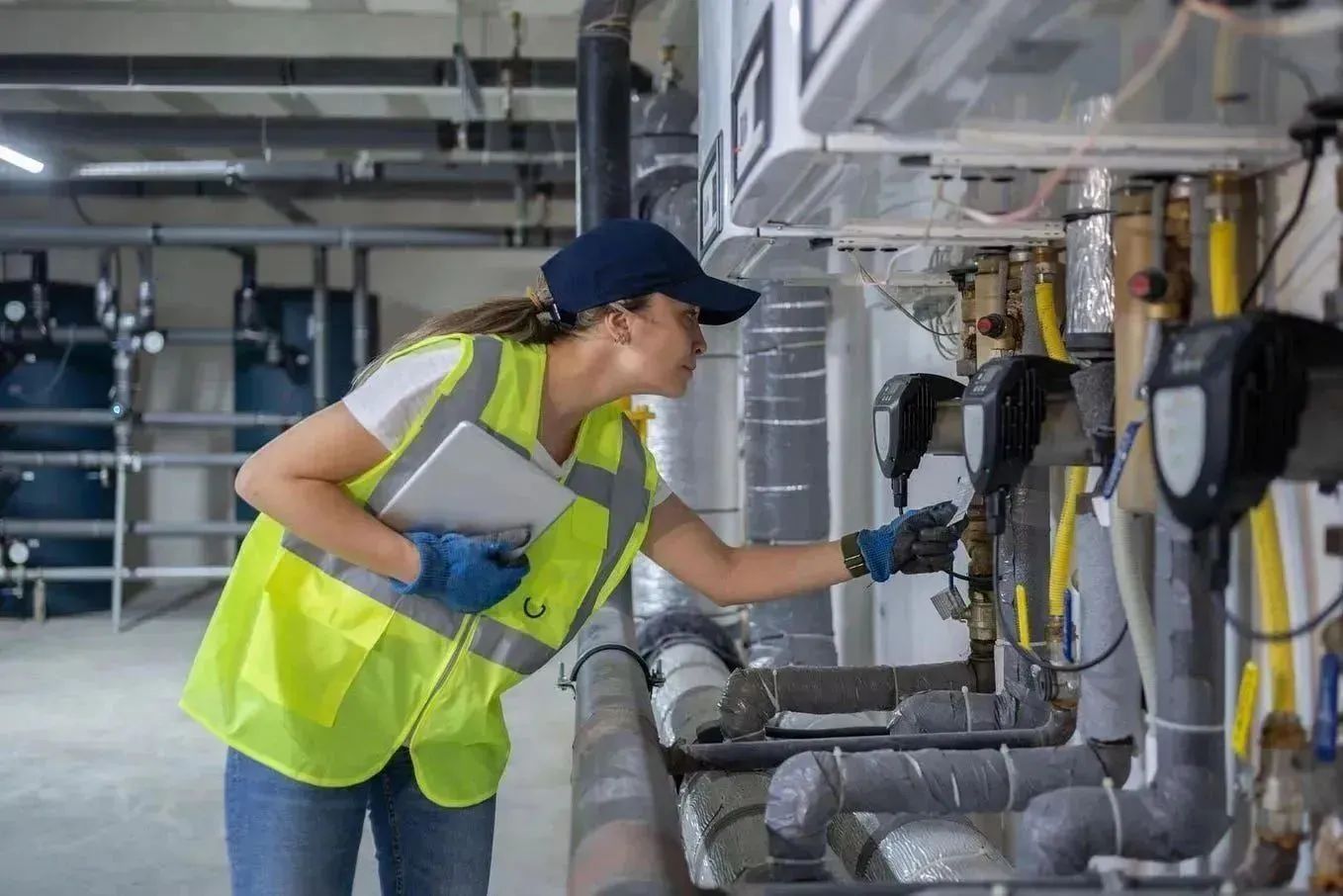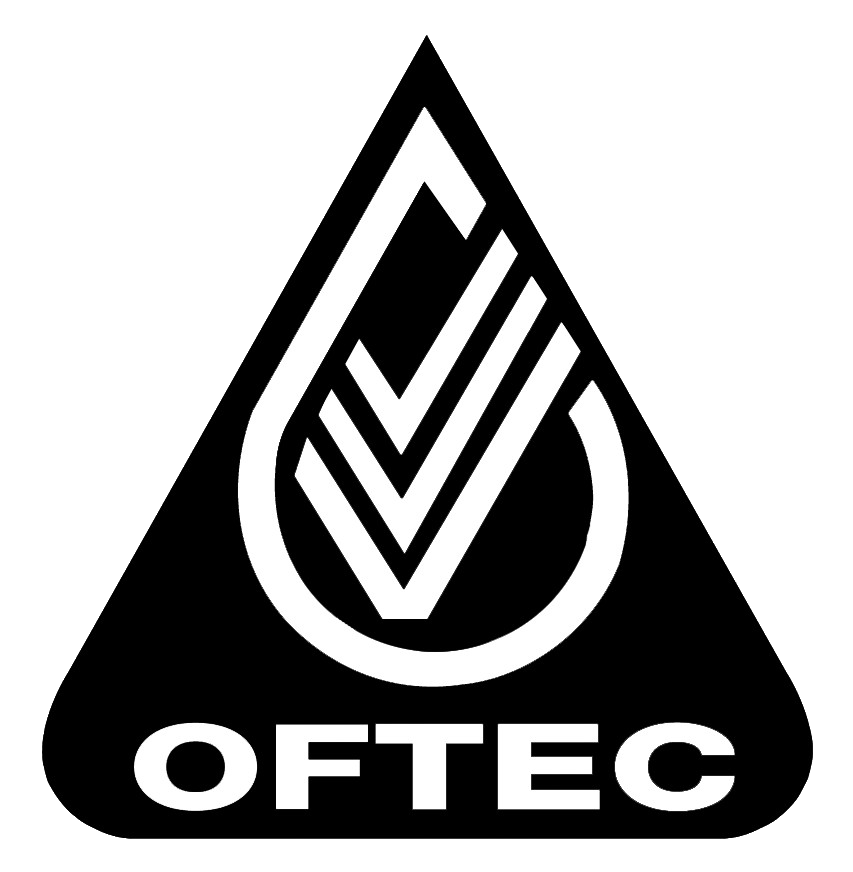Why Water Treatment Is Vital For Industrial Systems
Water is an essential part of our day to day lives, and is also an essential part of industrial processes too. Many commercial and industrial operations rely on properly treated water to ensure their processes are running smoothly. Contaminated water can be detrimental to particular industries, and properly treated water plays a critical role in industrial processes.
Our blog is here to give you a complete guide to water testing and the importance of having treated water for particular industries. To learn more about why water testing is so crucial, keep on reading our comprehensive guide.
Understanding Water Treatment
Water treatment refers to the process whereby the quality of water is improved, with the end goal being for this water to then be used. The use of the water can vary, but typically treated water is used for:
● Drinking water
● Industrial processes
● Recreational water
● Replenishing environmental sources
Water treatment is essential for removing contaminants and other hazardous substances from the water. Making sure that this water is clean is crucial, not only for drinking water, but for industrial processes, having treated water is more important than you may realise.
The Importance Of Water Treatment
Water treatment is essential for industrial processes, as it directly affects the efficiency, safety and sustainability of operations. In industrial and commercial settings, water is often used for cooling, heating, processing and cleaning. If water is ineffectively treated, it can lead to serious issues within industrial settings. Water that is inadequately treated can lead to scaling, corrosion and other damage to equipment. Over time, these problems can lead to inefficiency in equipment, forcing operations to slow down and be less productive. In worst case scenarios, equipment can fail, and need to be replaced as a result of untreated water.
Types Of Water Treatment Systems
There are various types of water treatment that can be applied to water. These treatments aim to decontaminate water for various purposes, including drinking water and water that is required for industrial processes. We've outlined the most common types of water filtration and treatment processes below.
Reverse Osmosis Systems
Reverse Osmosis (RO) is a type of water treatment/purification process that uses a semi-permeable membrane to remove ions, molecules and large particles from water. The process works by applying pressure to the water on one side of the membrane, which forces water to pass through the membrane, leaving any contaminants behind. These contaminants and particles are then flushed away, leaving behind clean and filtered water.
In industrial processes, you may find reverse osmosis in:
● Manufacturing - Semiconductor manufacturing and pharmaceutical manufacturing applications need high purity water for particular processes.
● Food Industries - Clean water must be used in the production and maintenance of foods
● Power Plants - Demineralised water is essential for boilers and cooling systems, in order to avoid scaling and corrosion in equipment.
Filtration
Filtration is another example of water treatment, and involves water passing through a medium, such as activated carbon, sand or gravel. These materials remove particles and impurities. There are various types of filtration, which includes mechanical, chemical and biological methods. Each type of filtration uses different processes to degrade organic matter, block particles or remove contaminants.
Some of the applications you may find filtration in would include:
● Wastewater Treatment - Removing solids and other contaminants where water is going on to be reused.
● Cooling Towers - Contaminants can reduce efficiency in cooling towers and water passing through must have particulates removed.
● Food Industries - Food industries may use filtration to enhance the purity of water that is used to create certain products, as well as cleaning processes.
Ultrafiltration Systems
Ultrafiltration (UF) is a membrane filtration process, which is similar to reverse osmosis. The key difference between UF and RO is that the UF membrane has much larger pores, which allows it to effectively remove and suspend bacteria, solid contaminants and other larger substances. They operate at lower pressure than reverse osmosis systems, making them an energy efficient option.
Ultra-Filtration might be used in:
● Pretreatment for Reverse Osmosis - Ultrafiltration might be used before reverse osmosis, as an effective method of removing any larger particles, reducing the strain on the RO membranes, which will remove the smaller particles.
● Pharmaceutical Manufacturing - Ensure that water is sterile for processing and packaging, ensuring safety.
UV Disinfection Systems
Ultraviolet (UV) disinfection systems are water treatments that use ultraviolet light to inactivate microorganisms by damaging their DNA. This leaves the microorganisms incapable of reproducing and causing harmful infections. For bacteria, viruses and protozoa, this method is extremely effective and does not add chemicals to the water.
UV Disinfection systems are often used for:
● Drinking water treatments - In water systems, UV disinfection ensures safe drinking water and an extra layer of added protection.
● Food & Beverage - This treatment can often be used in food industries to prevent any contamination to food products, and ensures that food and drink remains safe for consumption.
Choosing The Right Water Treatment System: Key Considerations
Choosing the right water treatment system for your industrial and commercial applications is a serious decision, which can seriously impact your operational efficiency and business sustainability overall. Here are some essential considerations and tips for choosing the right water system for your operation.
Understanding Your Water Source & Quality Needs
One of the essential parts of choosing the right water treatment is understanding your water supply, and the quality of water purification that you're after. Regular testing of your water can help you determine specific contaminants, and their concentrations, which will help you determine the level of water treatment you need for your supply. Groundwater, surface water and other supplies will have distinct features that will influence your choice of treatment.
The intended use of your water will also help you narrow down which treatment you should opt for. If you're using your water for cooling, manufacturing, drinking water or other purposes, there will be a treatment method for each application that ensures optimum safety.
Regulatory Compliance
Regulatory compliance is essential when choosing a water treatment system. You must have a system that adheres to environmental and health regulations in your area. Your water system must meet all standards, and ensure both safe and legal operations.
Environmental Impact
Environmental impact is another large consideration to make when choosing your water system. Each water treatment system will have somewhat of an environmental impact, and understanding the footprint of your chosen system is vital. You should opt for a water treatment that considers the environment where possible, so that you are aligning with sustainable practices and meeting regulatory compliance standards.
System Providers
Choosing your system provider is a key consideration that you should not take lightly. Choosing a provider is crucial for ensuring that your water treatment system is chosen and installed with care. The last thing you need is to have problems with your water system, leaving you with contaminated water. This can lead to a range of problems for various organisations that rely on clean, filtered water.
Be sure to do your research when searching for a provider. Suppliers with experience and expertise will be able to help you install a quality water system and reduce the likelihood of faults. Experienced providers can also offer you tailored solutions based on your needs, ensuring that you get a well performing, reliable water treatment system.
Caledonian Heating & Plumbing: Industrial Water Management
Our comprehensive guide has showcased just how important water testing is, and why it plays such a huge part in industrial processes. Here at Caledonian Heating & Plumbing, we offer excellent water risk assessments and safe industrial water management services. Our water management services include water treatment risk assessments, legionella control, water tank cleaning and chlorination, as well as water management.
To learn more about our water services, or how we can help you, feel free to get in touchwith our team today. To learn about our heating and plumbing services, head to our site or reach out to us on 0131 444 2010.
